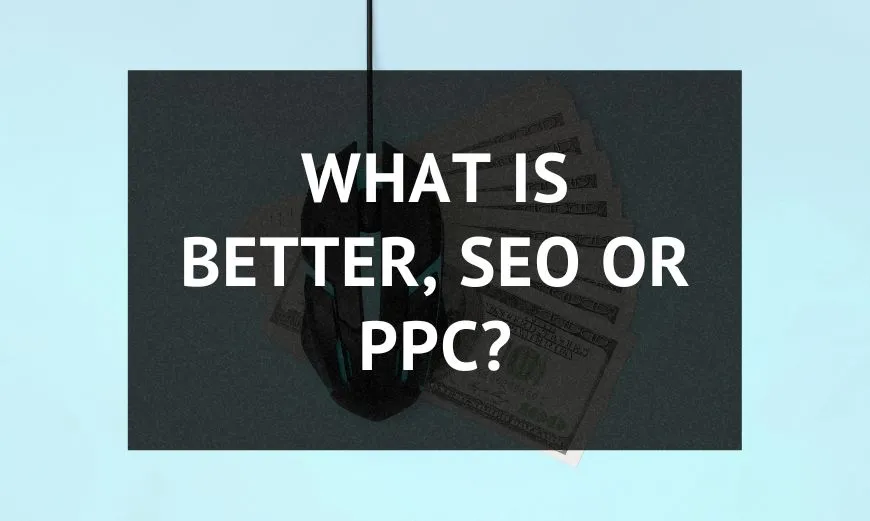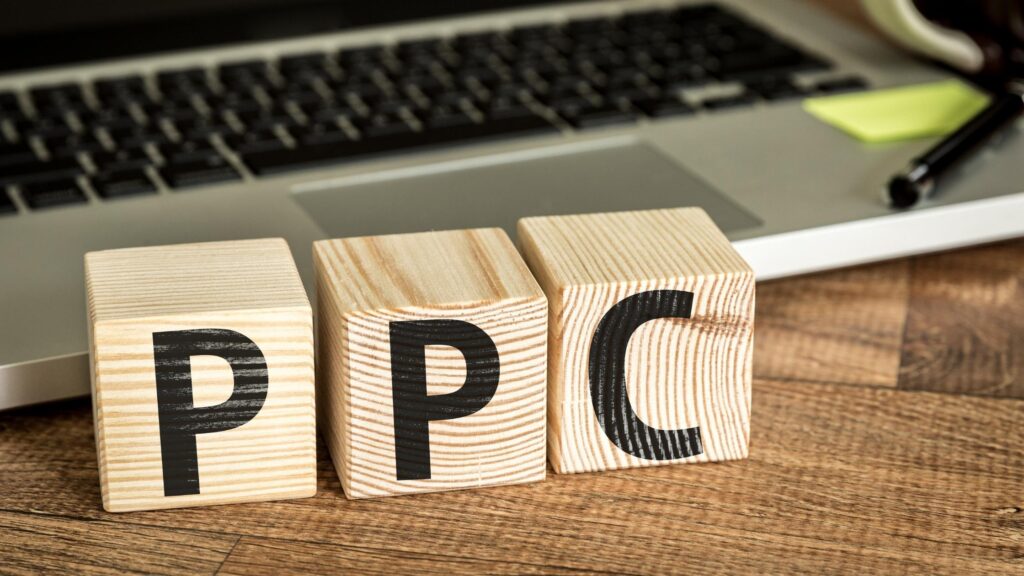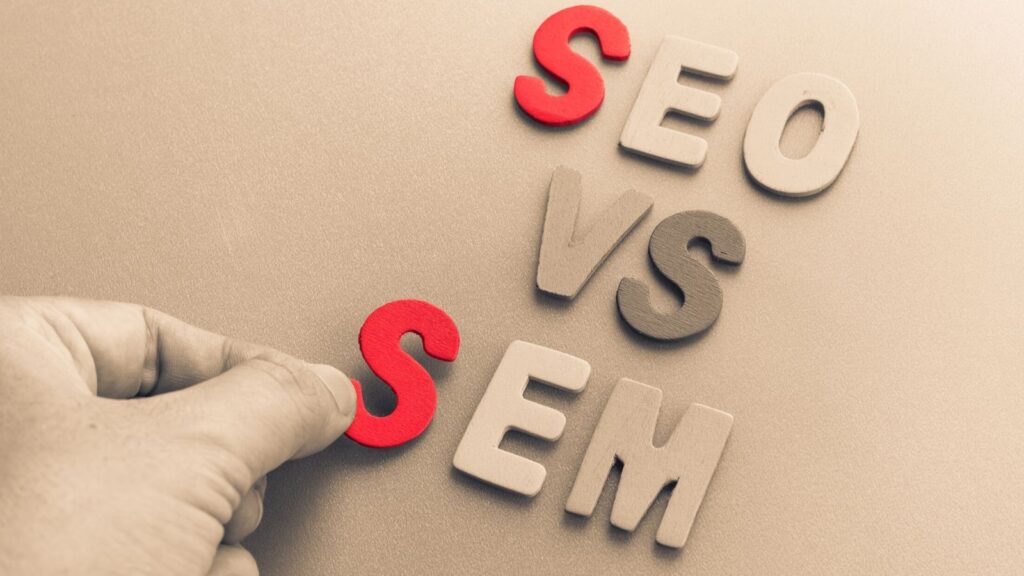In the dynamic world of digital marketing, businesses often grapple with a critical decision: Should they invest in Search Engine Optimization (SEO) or Pay-Per-Click (PPC) advertising? Understanding the strengths and limitations of each strategy is key to leveraging them effectively. In this article, we’ll delve into SEO and PPC, helping you decide which is better suited for your business goals.
Understanding SEO: A Long-Term Investment
SEO refers to the practice of optimizing your website to rank higher in organic search engine results. It’s a long-term strategy involving keyword research, content creation, website optimization, and building backlinks.
Sustainable Growth: SEO offers sustainable, long-term results. A high-ranking website can attract consistent traffic over time.
Credibility and Trust: Sites that rank well organically are often perceived as more credible and trustworthy by users.
Cost-Effectiveness: Although SEO requires an initial investment, it can be more cost-effective in the long run as it does not involve paying for clicks.
Exploring PPC: Immediate Visibility and Targeted Traffic
PPC is a model where advertisers pay each time a user clicks on one of their online ads. It provides immediate visibility and the ability to target specific demographics.
Instant Visibility: With PPC, you can appear at the top of search results almost immediately.
Precise Targeting: PPC allows for detailed targeting based on location, language, device, and even user behavior.
Budget Flexibility: PPC campaigns can be adjusted according to budget constraints, offering flexibility in marketing spending.
SEO vs PPC: Factors to Consider
Determining whether SEO or PPC is better for your business depends on several factors.
Business Objectives: If your goal is to build brand awareness and establish online authority, SEO might be the way to go. For quick sales or promotions, PPC can be more effective.
Budget Constraints: SEO is generally more cost-efficient over time, while PPC requires ongoing investment.
Timeframe and Results: SEO is a gradual process, while PPC offers immediate results.
Market Competition: Highly competitive industries might find it difficult to rank organically, making PPC a more viable option.
The Synergy of SEO and PPC
While debating the topic, it’s important to consider the benefits of using them in tandem.
Enhanced Visibility: Combining both of these marketing strategies can increase overall visibility on search engines.
Valuable Data Sharing: Insights from PPC campaigns can inform your SEO strategy, and vice versa.
Targeting Throughout the Buyer’s Journey: SEO is effective at targeting users in the early stages of the buyer’s journey, while PPC can be more effective at converting leads in the decision phase.
Advanced Tips for Maximizing Results
To further leverage SEO and PPC, consider the following advanced strategies:
Remarketing Techniques: Utilize PPC to retarget visitors who found you through organic search but didn’t convert.
Keyword Synergy: Use data from PPC keyword performance to refine your SEO strategy and target high-converting keywords.
Landing Page Optimization: Ensure that both organic and paid traffic lands on optimized pages that encourage conversions.
Conclusion
Deciding between SEO and PPC depends on your business goals, budget, and market dynamics. While SEO builds a solid foundation for online presence, PPC can quickly tap into target markets. Often, a blended approach is the most effective, harnessing the strengths of both SEO and PPC to propel your digital marketing success.



